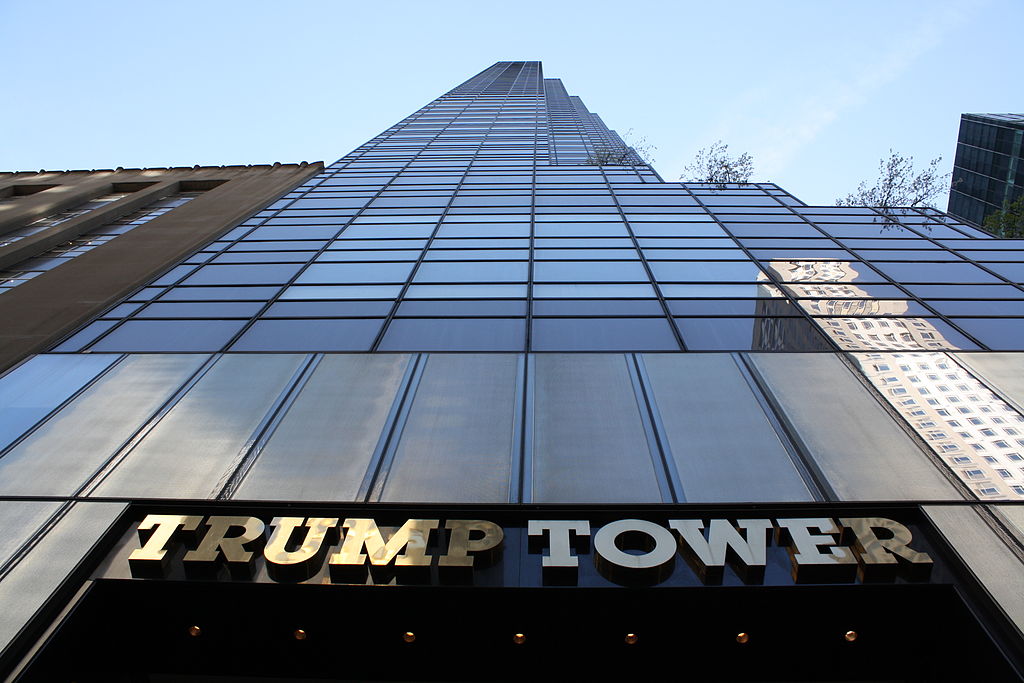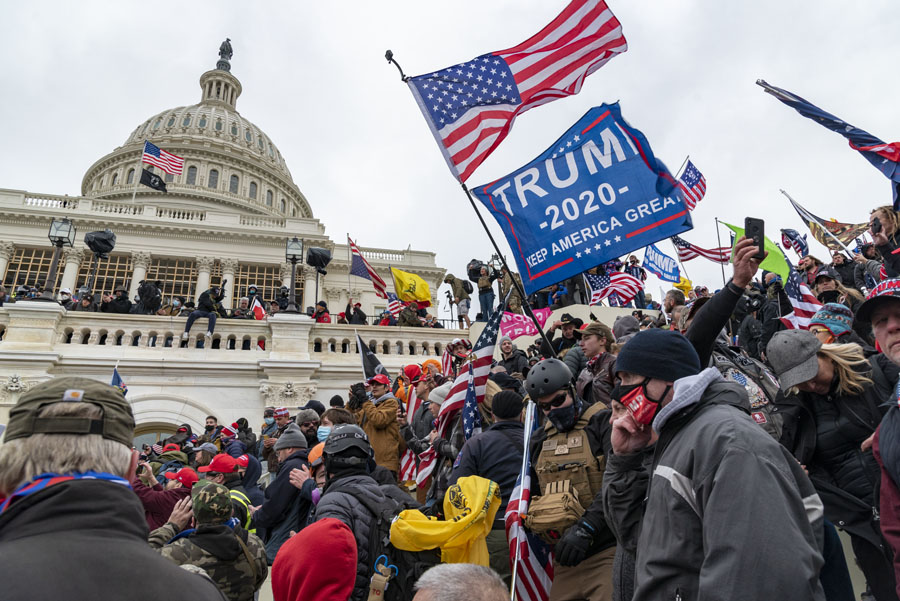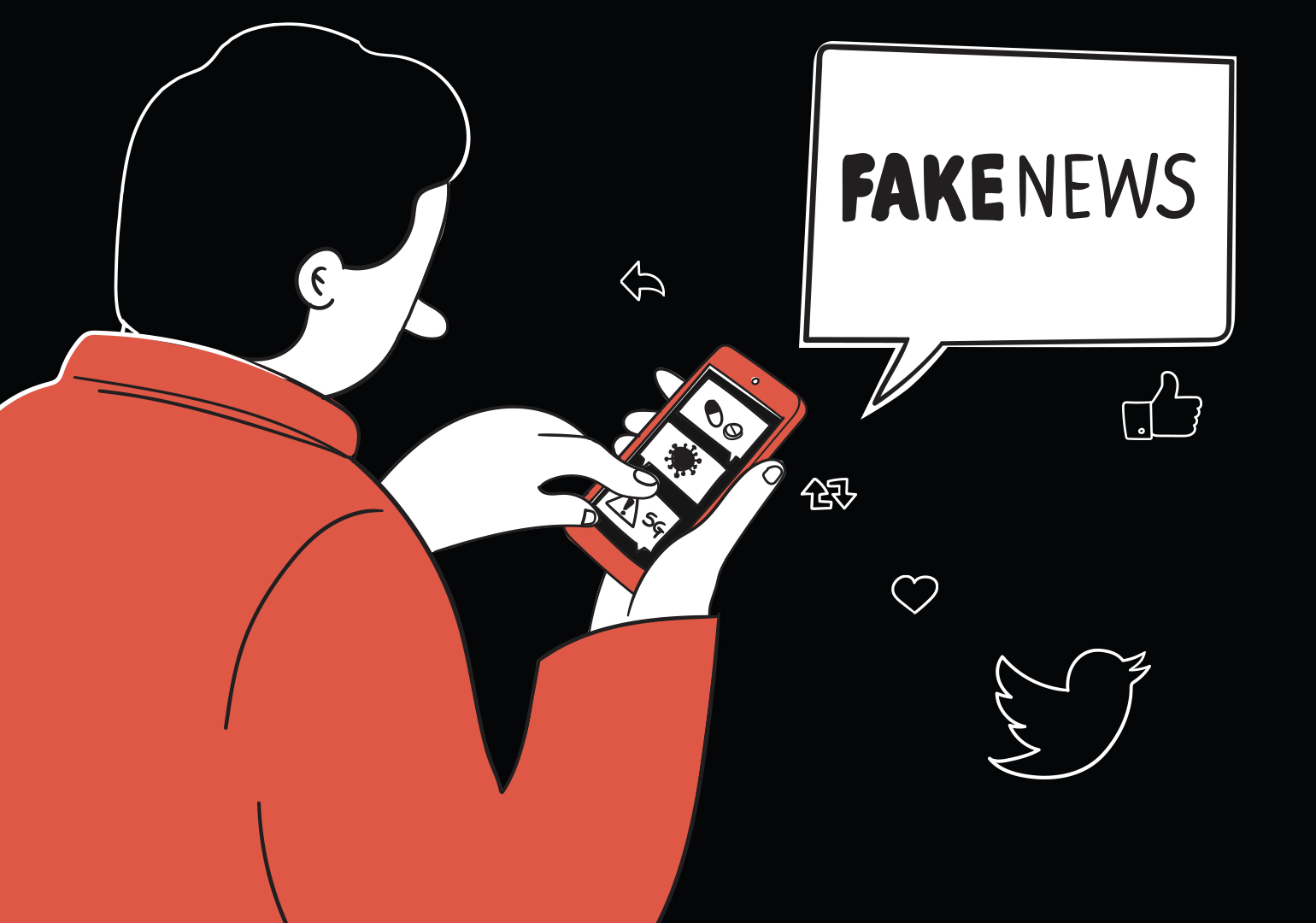How the Latest Trump Tower Tweet Damages the President’s Legal Defense
In a previous post, I discussed how a competent lawyer would have responded to a campaign’s proposal that it accept a foreign government’s offer to help with the campaign. The lawyer, I wrote, would have quickly spotted a whole host of issues under federal campaign finance laws and would certainly have advised against any such engagement.

In a previous post, I discussed how a competent lawyer would have responded to a campaign’s proposal that it accept a foreign government’s offer to help with the campaign. The lawyer, I wrote, would have quickly spotted a whole host of issues under federal campaign finance laws and would certainly have advised against any such engagement.
The president has since weighed in on the legal question, responding to a Washington Post story that he is worried about his son’s potential exposure in the Mueller investigation.
Fake News reporting, a complete fabrication, that I am concerned about the meeting my wonderful son, Donald, had in Trump Tower. This was a meeting to get information on an opponent, totally legal and done all the time in politics - and it went nowhere. I did not know about it!
— Donald J. Trump (@realDonaldTrump) August 5, 2018
It hardly needs to be said that no competent lawyer would have advised the president to indulge in this Twitter outburst. Here are various ways in which Trump did fresh damage to his legal defense.
The Struggle Over Personal Testimony
Trump is in the middle of fighting over the special counsel’s request for an interview. His legal team argues that the White House has already supplied all the information Mueller would need from him and that he has nothing to add. They have attempted to fortify this case with the claim that the special counsel lacks the constitutional authority to compel testimony from the president.
Now, however, Trump has put forward an unequivocal statement of the purpose of the Trump Tower meeting, acknowledging that his son Donald Trump Jr. convened the meeting for the purpose of obtaining “dirt” on Hillary Clinton. Mueller can rightly point out that what Trump knows about the meeting—and where he learned it, and when—is precisely why the interview is necessary.
Even if one assumes that Mueller has pressed this point before, Trump has created a record unhelpful to him in a potential court test over a subpoena. He is publicly asserting facts about a matter in which the special counsel has a clear and legitimate interest, while insisting that he is not required to submit to questioning about them in an ongoing legal proceeding. He has expressed a judgment about two key facts: (1) what the meeting was about and (2) whether he knew about it in advance.
Trump’s position has been complicated still more by the inconsistency of his pronouncements over time. It is now known that he dictated a misleading press statement on behalf of his son, in which he averred that the meeting’s purpose was largely to discuss Russian adoptions. Now, in the event of a judicial contest over testimony, his lawyers must argue that Trump is entitled to comment on a case however he chooses: falsely, inconsistently and with his own legal conclusions thrown in for good measure. The president could not come before the court in any less sympathetic posture.
When the Supreme Court in United States v. Nixon ruled that the White House was required to turn over the incriminating tapes recorded by President Richard Nixon, the issue—like so many other cases—was formally presented as one in which defendants already standing trial were entitled to the evidence. But it was understood that the tapes presented a direct and immediate threat to the president and that while Nixon was pointing to high-minded constitutional considerations, his legal maneuvers were largely if not principally a maneuver to protect himself. Despite the formal legal arguments,, the Supreme Court could not help but respond to “what’s really going on.” And, of course, Nixon lost. He might have lost anyway, just on the quality of the government’s case—but it could not have helped his cause that, to all appearances, he was as much if not more concerned with saving himself than preserving important constitutional principle.
This same judicial realism will make life harder for the Trump lawyers, who have hoped to argue that Nixon does not apply to a demand for direct personal testimony because it is necessarily more intrusive and disruptive to the president’s capacity to function than the production of documentary evidence. Their client, however, continually tweets and speaks about the investigation, expressing opinions about the facts and the law. It is hard to see how Trump would be suffering inconvenience if required to share his views with the special counsel. If the principle “No one is above the law” means anything, it would be fairly taken to deny the president the right to litigate a case in the media while excusing himself from the legal process.
Knowledge of the Meeting
Trump has made a point of his lack of knowledge about the Trump Tower meeting—quite emphatically, with his trademark exclamation point, in this most recent tweet. Some have asked why, if the meeting was not problematic, he was so quick to deny his awareness of it. But this is not the most serious of the issues with this tweet. For Trump to admit that he personally agreed to the Russian offer would be politically hazardous, and it would inevitably enter into any future discussions about impeachment. So it is unsurprising that he would argue that the meeting was fine, and hence his son is safe from legal liability—but that he, the president, knew nothing about it.
Now, however, Trump has firmly staked out a position about his own involvement that it is doubtful he can hold. He chose to double down not long after CNN reported that Trump’s former good friend and lawyer, Michael Cohen, is ready to testify that Trump approved it fully aware that the proposed meeting at Trump Tower was for the purpose of obtaining negative material on Clinton. According to Cohen, others were witnesses to this involvement.
Trump’s claim that no one told him about the meeting is hard to credit, and he would have been better off not repeating it in his tweet. In every way possible, Trump presents to prosecutors the picture of someone who would have been told that the Russians had tendered their active support and would come to New York to provide tangible help. A presidential campaign would normally never proceed to accept this kind of offer without the knowledge and consent of the candidate. (And most candidates would have responded, “Are you crazy?”) Although the Trump campaign was far from normal in many respects, what is known about Donald Trump and how he operates suggests that his campaign would not have kept him in the dark. Trump is a man who is all about his “brand”: He ran an organization that carried his name and that he tightly controlled; he surrounds himself with people who give him their undying loyalty; he puts his own family members in charge of his business and in key positions in the government.
He is also a man who disregards the advice of lawyers, when he asks for it at all—and who tweets, because, according to what his own associates told Mike Allen of Axios, Trump believes he can make “his own best case.” He can’t “help himself.” So, with this vehement denial that he knew in advance of the Trump Tower meeting, he is now firmly dug in on this claim. This is one reason Trump and his lawyers seem to be talking up their plans to battle a subpoena and do whatever they can to prevent Trump from facing questions from the special counsel on this version of events.
Trump has again worsened his legal situation with this tweet, as he has with others in which he has made unsustainable statements of fact—but it would likely be even more disastrous for him to repeat his denials to the special counsel. On this fundamental question of whether he will agree to the interview, this time he may listen to his lawyers and stay away from Robert Mueller—even if he cannot stay off Twitter.





